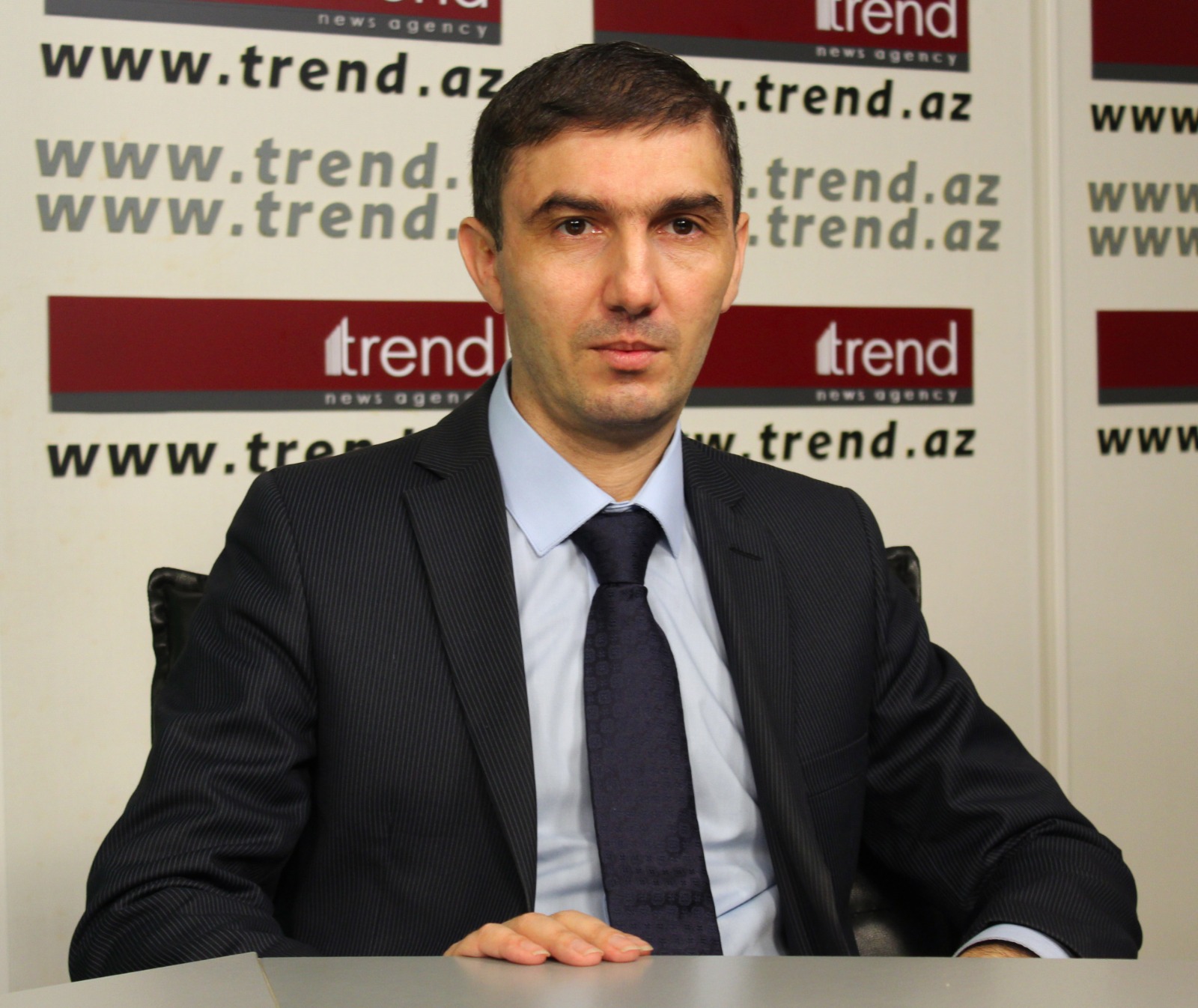BAKU, Azerbaijan, August 30. Foreign NGOs have appealed to the international community in connection with the missing Azerbaijanis, Trend reports.
The appeal ramps up efforts to search for Azerbaijanis missing as a result of Armenia's military aggression.
"We, the undersigned civil society organizations, appeal to the international community with this statement as a wake-up call for the thousands of Azerbaijanis who went missing as a result of Armenia's military aggression against Azerbaijan. The situation highlights the tragic human toll and the urgent need for international efforts to address the issue of missing persons and provide assistance to their families," said the appeal.
Due to Armenia's military aggression against Azerbaijan for around 30 years, a total of 3,890 Azerbaijanis were officially registered as missing during the first Karabakh war. Among them, 3,171 were military personnel, and 719 were civilians. Regrettably, among the civilians, 71 were children, 267 were women, and 326 were elderly. Among the overall number of missing persons, 872 people, including 29 children, 98 women, and 112 elderly people, were either taken hostage or unable to leave the area due to being elderly and unwell. Heartbreakingly, in some instances, entire families and generations vanished, disappearing alongside their relatives.
Furthermore, during the Second Karabakh War, six Azerbaijani individuals became unaccounted for, and to this day, there exists no information whatsoever regarding their whereabouts or fate.
International humanitarian law (IHL) addresses the issue of missing persons during armed conflicts, and the Geneva Conventions of 1949 set out specific requirements and protections for such situations. According to international humanitarian law requirements, parties to a conflict are obligated to search for and account for missing persons. This includes both combatants who have fallen out of contact during the conflict and civilians who may have been separated from their families. Parties are required to collect and provide information about the missing information and to facilitate communication between detainees and their families. They must also facilitate the identification of deceased individuals and provide information to their families. Families of missing persons have the right to know the fate and whereabouts of their loved ones.
Armenia is avoiding providing information on the fate of missing Azerbaijanis to their families. The Geneva Conventions emphasize the importance of protecting the rights and dignity of victims of armed conflicts, including missing persons, and are aimed at alleviating the suffering of their families. By withholding information about the missing Azerbaijanis, Armenia is flagrantly violating international humanitarian law and the aforementioned Geneva Conventions, human rights, the rights of the missing and their families to be informed about the fate of the missing. For more than 30 years these families have been deprived by Armenia of this fundamental right. Investigations by the "Families of the Disappeared in Karabakh" Public Association show that during the first Karabakh war, between 2 and 7 members of each of the 61 families went missing, but the fate of none of them is still unknown. This dire situation not only affects the families of missing Azerbaijanis, but also shames humanity.
Great efforts have been made by the relevant State institutions of Azerbaijan to clarify the fate of the missing persons. As a result of these initiatives, biological samples were collected from the families, DNA analysis and excavations in the liberated territories, which gave the families hope. Some time ago, nine mass graves were discovered. One of such mass graves was discovered in Bashlibel village of Kalbajar district, 3 in Edilli village of Khojavand district, 1 in Farrukh village of Khojaly district, 2 in Dashalti village of Shusha district, 1 in Shusha city and 1 in Sarijali village of Aghdam district. Several more mass graves have been discovered and research in this direction has been initiated.
The systematic brutal killings and inappropriate burials of people are an affront to all human values and evidence of unimaginable cruelty. The issue of missing persons is a global problem affecting various regions and countries of the world. The phenomenon of missing persons due to armed conflicts or other such circumstances underscores the shared responsibility of countries and international organizations to address this pressing issue. Efforts to address the issue of missing persons require their search and identification, support for their families, cooperation in the protection of human rights and dignity, the establishment of a legal framework and the implementation of humanitarian initiatives.
We call on Armenia to provide the geographical coordinates of the mass graves where the remains of 4,000 Azerbaijanis who were tortured, inhumanely treated and killed in camps during the first Karabakh war are located.
We call on the ICRC to intensify its efforts to clarify the fate and whereabouts of missing Azerbaijanis and to enter into a dialog with Armenia to this end.
We call on the International Commission on Missing Persons (ICMP) to increase its attention to the issue of clarifying the fate of Azerbaijanis missing during the first and second Karabakh wars and to obtain information on their fate.
We demand that international organizations call on Armenia to urgently disclose information about the missing Azerbaijanis and provide the coordinates of mass graves.
We call on the UN to establish the institution of a Special Rapporteur on missing persons and for the Rapporteur to contribute to the solution of this global problem of missing persons," the statement reads.
This appeal was signed by:
Ajsa Hafizovic Hadzimesaic, Public Association "Movement of Mothers of Enclave Mothers of Srebrenica and Žepa", Bosnia and Herzegovina;
Patsy Stillo, Partners In Health, USA;
Eliud Emery, Consortium of Grassroots, Kenya;
Muhammad Bux, Sukaar Welfare Organization, Pakistan;
Peter Owiti, WOTE Youth Development Projects Organization, Kenya;
Risikat Abimbola Akevula, Ecological Society of Nigeria, Nigeria;
Mohammad Hussein Moon, International Commission on Human Rights, India;
Lindokuhle Sibiya, Youth and Women Organization for Change, Eswatini;
Ridhiwani Sadigi, Kenya Citizens Network for Development, Kenya;
Hote Kasongo Ilunga, Biso, Democratic Republic of the Congo.







